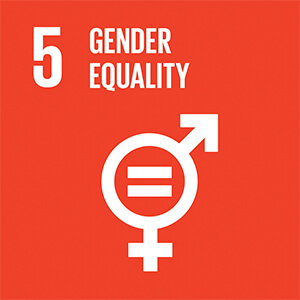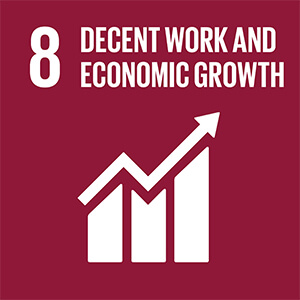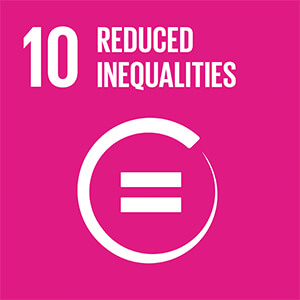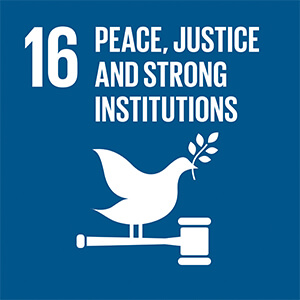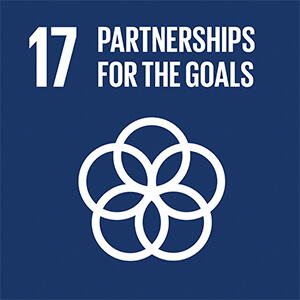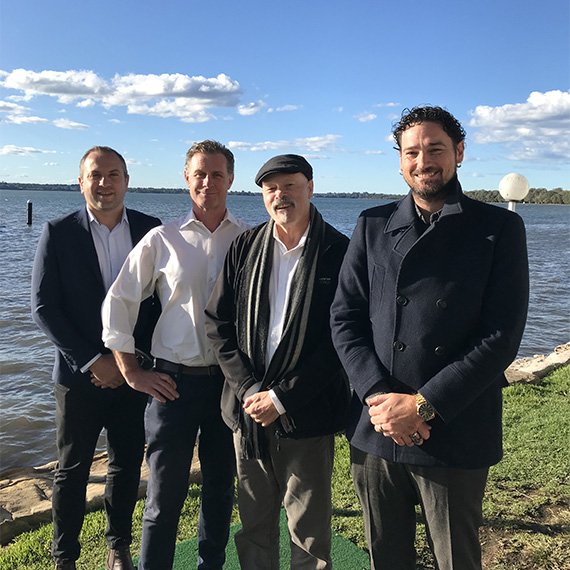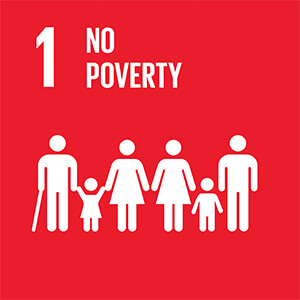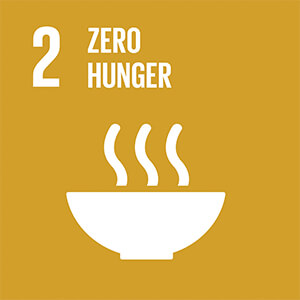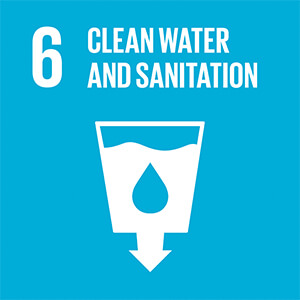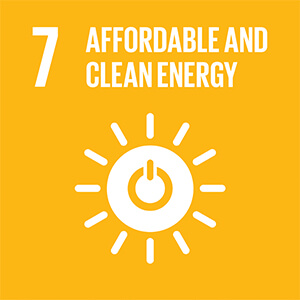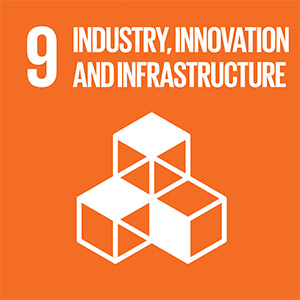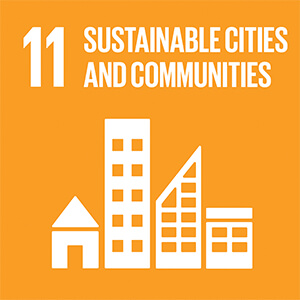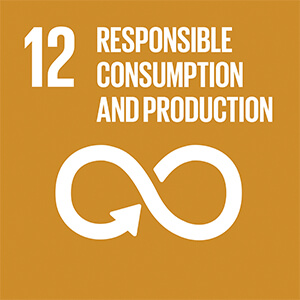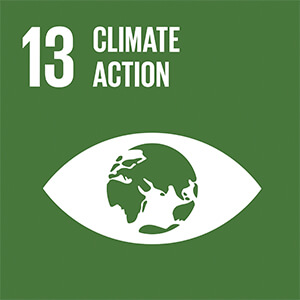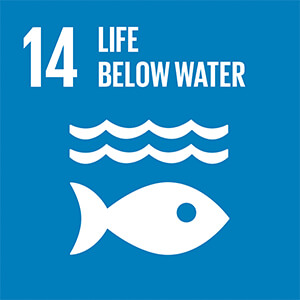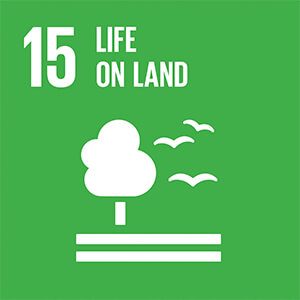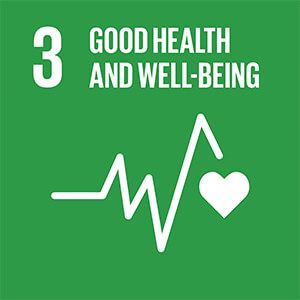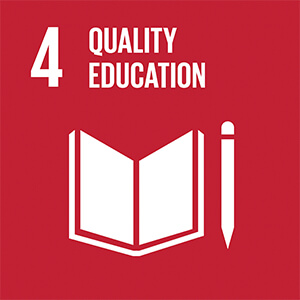Overview
Landcom’s Accountable & Collaborative Places pillar is focused on a leadership goal to ‘drive accountability and performance along our value chain’. This leadership goal was developed to reflect Landcom’s commitment to robust governance and collaboration within our organisation and supply chain.
Accountability means creating a system with a level playing field in which decisions are made for the betterment and benefit of all stakeholders. Performance means seeking ever greater improvements in efficiency and outcomes. Our value chain refers to all organisations that we deal with in operations.
By championing better ways to approach business we seek to lead the industry in trust, transparency, governance and efficient outcomes.
Landcom addresses accountability and collaboration through the following focus areas:
- Accountability
- Human Rights.
Each of these focus areas includes a suite of priorities or actions to measure our success. While this pillar includes individual priorities for achievement, it also has a broad governance reach across Landcom’s entire Sustainable Places Strategy.
Case Studies
Management Approach
Landcom is committed to supporting international agreements, protocols and targets to ensure our planet and communities thrive into the future.
Urban development and the property sector make a material contribution to global emissions, the quality of life experienced by citizens and the resilience of our built and natural environments.
Therefore, Landcom believes it is critical to align with, and report our contribution towards the United Nations Global Compact, Sustainable Development Goals, Resilient Sydney Strategic Directions and COP21 Paris Agreement. We also voluntarily report against the Task Force on Climate-related Financial Disclosures, we are a reporting entity under the Modern Slavery Act 2018 (Cth), and we have a Reflect Reconciliation Action Plan that guides our approach to First Nations engagement and is reportable to Reconciliation Australia.
Task Force on Climate-Related Financial Disclosures
| Framework | Our Response |
|---|---|
|
United Nations Global Compact (UNGC) |
In February 2019 Landcom became a Participant of the United Nations Global Compact. We report our Communication on Progress annually. |
|
Sustainable Development Goals |
Our Sustainable Places Strategy was directly informed by the Sustainable Development Goals (SDGs). We report our contribution to the SDGs annually. See Appendix D: Sustainable Development Goals Alignment. |
|
Paris Agreement COP21 |
Our environmental leadership goal is to ‘enable carbon neutral outcomes at communities by 2028’. See Case Study: Transition Risk Priority Actions, Urban Heat Island Reduction, Greenhouse Gas Emissions Reduction and Case Study: Carbon in Construction. |
|
GRESB |
Landcom voluntarily participates in the GRESB Real Estate Assessment, which evaluates the environmental, social and governance (ESG) performance of real assets. See GRESB. |
|
Climate Active Carbon Neutral Certification |
Landcom is a Climate Active certified Carbon Neutral Organisation. See Climate Active Public Disclosure Statement. |
|
Task Force on Climate-related Financial Disclosures |
Landcom discloses its approach to managing climate change risks in accordance with the Task Force on Climate-related Financial Disclosures. See Appendix B: Task Force on Climate-related Financial Disclosures and Case Study: Transition Risk Priority Actions. |
|
NSW Government Resource Efficiency Policy |
We report our overall sustainability performance against the NSW Government Resource Efficiency Policy (GREP), which guides our approach to energy, water and waste efficiency in our corporate operations. See NSW Government Resource Efficiency Policy (GREP). |
|
Human Rights |
Landcom operates entirely within NSW, and as such benefits from the high standards of governance and legislation Australia adopts regarding human rights. We are a Participant to the United Nations Global Compact (UNGC) and support the ten principles on human rights, labour, environment, and anti‑corruption. Landcom also has a public Human Rights Statement. See Human Rights. |
|
Commonwealth Modern Slavery Act 2018 |
Landcom is a reporting entity under the Act and provides our Board approved public statement within this report. See Appendix C: Modern Slavery Statement. |
Landcom’s public Human Rights Statement affirms our commitment to human rights and acting to ensure our operations uphold and protect the rights of every person in our value chain.
Our approach to Human Rights is informed by international best practice initiatives, including the United Nations Guiding Principles, United Nations Global Compact to which Landcom is a signatory, and the Modern Slavery Act 2018 (Cth), Guidance for Reporting Entities.
We believe that human rights are of growing importance to our staff and teams, stakeholders, suppliers and subcontractors, industry peers and civil society groups, as well as our customers and communities. The business case and moral motivation for upholding human rights across our operations and supply chain are clear. Our key focus areas for human rights include:
- demonstrating global standards of liveability, resilience, inclusion and affordability across our operations and communities
- encouraging diversity and inclusion in the workplace, via our Diversity & Inclusion Action Plan
- respecting and acknowledging First Nations people by implementing the actions in Landcom’s Reflect Reconciliation Action Plan
- addressing modern slavery through our supply chain, and in accordance with the Modern Slavery Act 2018 (Cth).
More broadly in 2019 we became the first Government Land Organisation to be accepted as a signatory to the Ten Principles of the United Nations Global Compact (UNGC). Our annual Communications on Progress is published by the UNGC each year1. Landcom continues to remain a committed signatory advancing our contribution to fundamental responsibilities in the areas of human rights, labour, environment and anti-corruption.
Landcom also leverage our internal policies and frameworks to guide our approach, including our Reconciliation Action Plan, Diversity & Inclusion Policy and Action Plan, Employee Wellness Program, and Modern Slavery Management Plan.
Performance Results
See below our performance results for each of the reporting areas within our Accountable & Collaborative Places Pillar.
- Jump to:
- Accountability
- Human Rights
Accountability
Landcom reports our alignment and contribution to achieving the Sustainable Development Goals (SDGs).
Landcom’s Sustainable Places Strategy is aligned to all of the SDGs. Each year we will continue to track our progress against meeting the SDGs and their respective targets relevant to Landcom and our operations.
| Sustainable Places Strategy Pillar | Sustainable Development Goals |
|---|---|
| Climate Resilient Places |
|
| Healthy & Inclusive Places |
|
| Productive Places |
|
| Accountable & Collaborative Places |
|
In FY23 Landcom participated in the GRESB Real Estate Assessment. This was our 7th year participating in GRESB and this year saw participation increase to 2,084 listed and non-listed portfolios across 75 countries. The increase in participation reaffirms the need for the real estate industry to commit ESG transparency and improve sustainability outcomes.
Landcom achieved an overall score of 97/100 representing a positive shift from FY22 and moved up from a 4 star to a 5 Star entity status as well as exceeding the GRESB and Peer Group average performance.
The following table summarises our results and benchmarking.
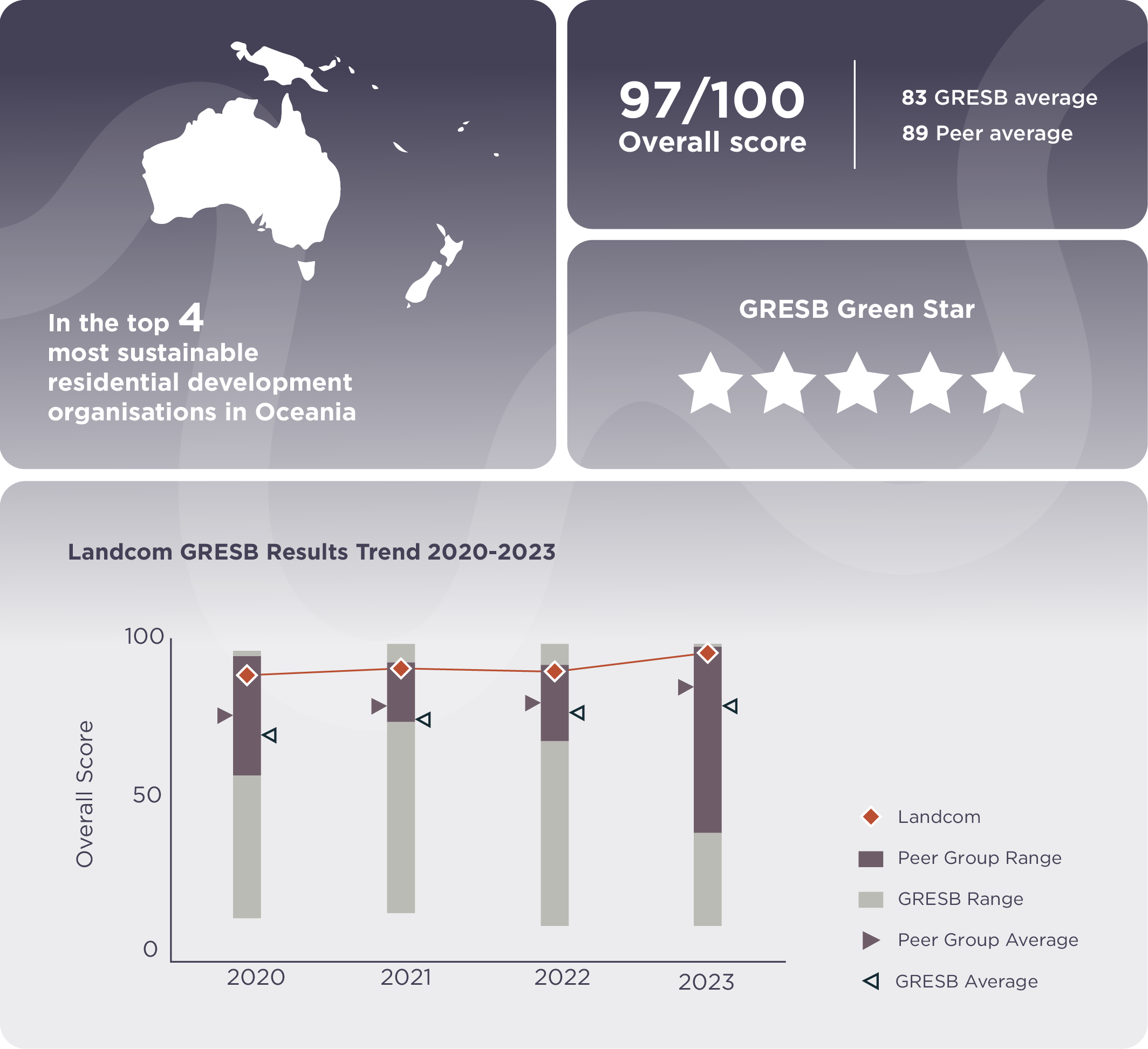
Throughout the reporting period Landcom continued to voluntarily adopt the NSW Government Resource Efficiency Policy (GREP). The GREP helps the NSW Government to set an example in addressing the challenge of rising resource costs, and reducing impacts on our economy, environment and community.
The GREP guides Landcom’s approach to energy, water and waste efficiency in our corporate operations, and helps us align with the State Government’s sustainability goals1. Key activities in the reporting year relating to the GREP include:
- a total of 1.02 tCO2-e Scope 1 emissions were recorded for the reporting year. Sources were sales offices (gas) and Landcom’s fleet vehicles fuel combustion). Landcom had no biogenic emissions
- Landcom had no Scope 2 emissions, as the 124,997 kWh of electricity used to power our operations was Green Power
- based on a total of 167.9 full time equivalent staff members (FTE), Landcom’s energy intensity is 744.5 kWh/FTE
- we maintained our 6 Star NABERS Energy Rating with GreenPower for our Parramatta Office.
Landcom was first certified as a carbon neutral organisation under the Climate Active Carbon Neutral Standard (the Standard) in FY21. During the reporting period, Landcom achieved certification under the Standard for the calendar year 2022. The Standard is Australia’s government managed offset scheme for certifying organisations, products and services, and events.
Historically, Landcom has not set a baseline year for our Scope 1 or Scope 2 emissions as we have consistently purchased green power or offset all our emissions within operational control, but as part of our Climate Active carbon neutral certification we were required to do so – as such our baseline is calendar year 2019.
We adopt the National Greenhouse and Energy Reporting (NGER) Scheme global warming potential account factors. We use the tool CCAP Integrated to capture and synthesise our data, which also follows the NGER Scheme protocols.

_________________________
1 As outlined in NSW 2021: A plan to Make NSW Number One, which aims to drive resource efficiency by NSW Government agencies in three main areas — energy, water and waste — and also reduce harmful air emissions from government operations.
Human Rights
The Modern Slavery Act 2018 (Cth) took effect on 1 January 2019. The Act requires entities with an annual revenue of $100 million or more based or operating in Australia to prepare annual statements on potential modern slavery risks in their operations and supply chains and disclose the steps they have taken in addressing those risks. Landcom has been a reporting entity under the Act since 2020. Landcom’s Modern Slavery Statement is presented at Appendix C: Modern Slavery Statement.
In FY23 we matured our approach to identify and report incidents of modern slavery with the introduction of an independent grievance mechanism, Speak Up. This is an anonymous reporting system for internal and external stakeholders managed by Core Integrity. Posters with instructions on how to report suspected instances of modern slavery were placed across the Landcom office and at project construction sites to encourage anyone who may see something, to say something.
We also adopted a remediation plan that guides Landcom on what to do when a report of modern slavery is made. This was informed by independent human rights experts and is aligned to the United Nations Guideline Principles on Business Human Rights. Our approach to remediation is based on three core principles of Identify, Escalate, and Repair, and will be available on Landcom’s website in FY24.
We maintained our membership of the Property Council Modern Slavery Working Group, which facilitated research and guidance reports led by academia and industry experts on human rights. As part of this consortium Landcom participated in industry consultation for the Review of the Modern Slavery Act 2018 (Commonwealth). We also continued to use the ‘Supplier Platform’, created by the consortium in 2019. The Platform provides a consistent approach to engagement on modern slavery across the industry’s shared supply chain and leverages the consortium’s collective influence to mitigate or remediate instances of modern slavery.
We continued to adopt supplier pre-qualification requirements for contracts with a value over $150,000, which includes training and completion of the Supplier Platform questionnaire. Landcom’s Procurement team verify completed assessments prior to contract execution. Supply Chain Sustainability School training requirements are monitored by Landcom’s Sustainability team.
We continue to find the majority of participating suppliers have the following risk profile attributes, making their operations or supply chain susceptible to modern slavery:
- very high proportion of sub-contractors
- outsourced recruitment practices
- high volume of labour hire, little or no oversight of suppliers’ sub-contractors or third-parties products
- materials sourced from overseas, with little or no oversight of their production
- varying degrees of investigation into their own operations or supply chains.
These findings are consistent with the property and construction industry more broadly. Low skilled, manual, low-waged work is an area where workers are more likely to be subjected to forced labour, and where the risk of harm to people may increase. These workers may be poorly educated, lack decent work options and be more likely to be migrants from high-risk countries.
As the property and construction industry is also characterised by long and complex supply chains, stretching across many countries, we continued to embed contract clauses requiring principal contractors or consultants to notify Landcom of any suspected or confirmed incidents of modern slavery, and to collaborate with us in any investigation or remedy.
Landcom has adopted a new integrated management system ‘Safe Me’, used for work, health and safety and environmental notifications. The system automatically alerts key Landcom staff when an incident is lodged.
Increasing awareness of modern slavery remains at the heart of tackling this human rights matter. Staff compliance training is required of Landcom staff (and certain contractors) to ensure our people are alert to modern slavery and know how to raise concerns. We also work closely with Director, Australian Human Rights Institute Faculty of Law & Justice at the University of New South Wales and the CEO of Better Sydney, to guide staff education and knowledge on modern slavery issues, and help us mature our approach.
For more detail on Landcom’s disclosures on the mandatory reporting criteria for the Modern Slavery Act 2018 (Cth), please see Appendix C: Modern Slavery Statement.
Landcom confirmed our commitment to fostering respectful and meaningful relationships with Traditional Owners and Aboriginal and Torres Strait Islander communities in our sphere of operation, by creating and finalising our first Reflect Reconciliation Action Plan (RAP) in 2022.
The Reflect RAP, which was developed in consultation with Indigenous consultants Murawin and in collaboration with Reconciliation Australia, outlines the meaningful actions that Landcom will take as a business to support the national reconciliation movement. See our RAP here.
The governance of our RAP is driven by our RAP Collaborative. This is made up of staff members from across the business, and the cohort collectively drive the implementation of our RAP actions across the four pillars of Respect, Relationships, Opportunities and Governance.
During the reporting period we focused on:
- deepening our understanding of First Nations stakeholders and identifying ways to strengthen existing relationships or create new ones
- increasing the visibility of Landcom’s reconciliation work through staff cultural awareness training and celebrating cultural events such as Reconciliation Week and NAIDOC Week
- partnering with Indigenous recruitment agencies to identify employment opportunities for First Nations people
- developing and implementing an Indigenous Procurement Plan
- establishing our membership with Supply Nation
- co-designing ‘Connecting with Country’ workshops for staff participation in FY24, which will help embed an approach to designing with country within our project design and delivery.
We will continue to progress commitments within our first Reflect RAP and building stronger relationships with First Nations communities.
Landcom has continued to promote diversity and inclusion (D&I) across our business throughout FY23. Our D&I Policy outlines our commitment to providing a workplace culture that embraces equity, diversity and inclusion at all levels of our organisation enabling staff to thrive and do their best work.
Our D&I Action Plan focuses on the following key goals:
- create an environment that values diversity and inclusion increase attraction, retention, and development of staff from diverse backgrounds
- initially prioritising women, Aboriginal and Torres Strait Islanders, culturally and linguistically diverse people, people with disability, generational diversity and LGBTQIA+
- reduce bias and embed diverse and inclusive practices into how we work.
As part of the Action Plan, and to help enable the above goals, Landcom has adopted a suite of D&I measures and metrics, benchmarked against several Australian datasets. Our FY23 results are presented in Landcom’s Annual Report.
Landcom recognises that managing work, relationships, caring responsibilities, finances and other life needs can be challenging at times for us all. Landcom partners with LifeStreet – an Employee Assistance Program focused on wellbeing and an individual’s life as a whole.
Accessible to all staff, LifeStreet offers usual assistance services to employees and immediate family members, and has resources and tools for staff to use in their lives more broadly.
Users can access their own digitally-based LifeStreet profile via a secure login, and use self-assessment tools to help direct them to the appropriate resources on their platform. Topics span health and wellness, family and relationships, work and career, psychological and emotional wellbeing, carers needs, financial management and planning and purpose and contribution. Users can also be connected to coaches or medical professionals – such as sleep psychologists if that is an area of personal wellbeing improvement a user may need support with.
Further detail of our FY23 activities are presented in our Annual Report.

